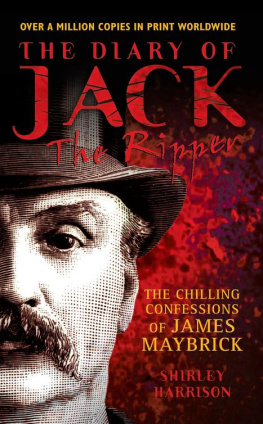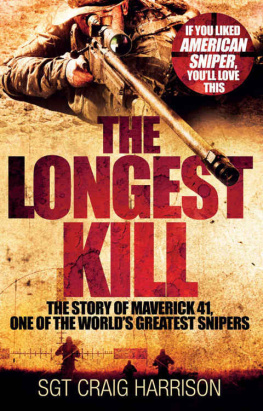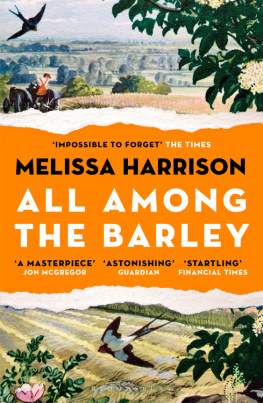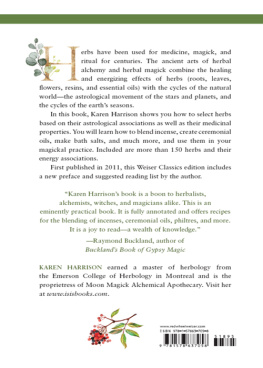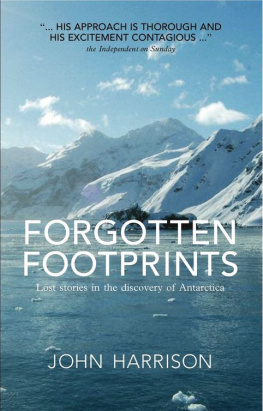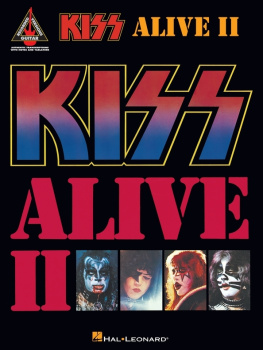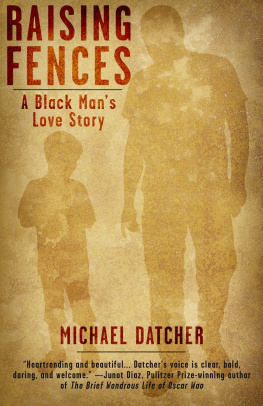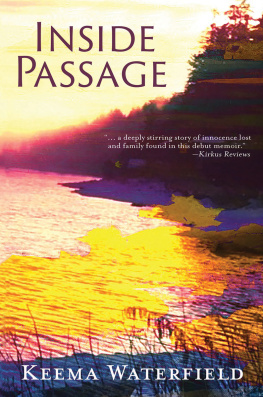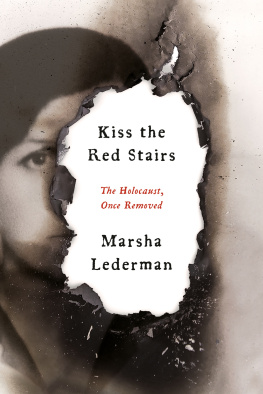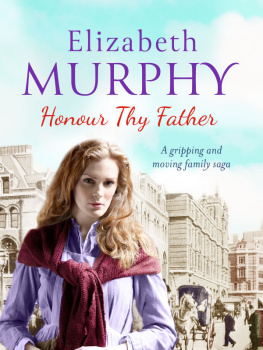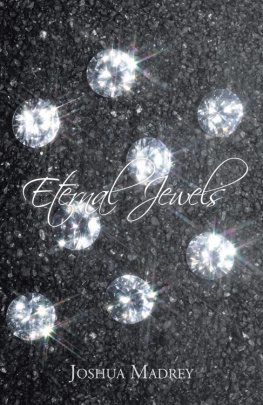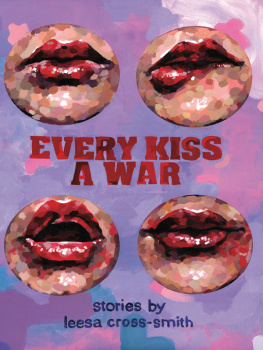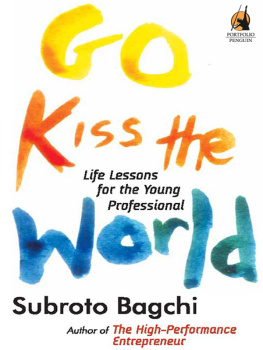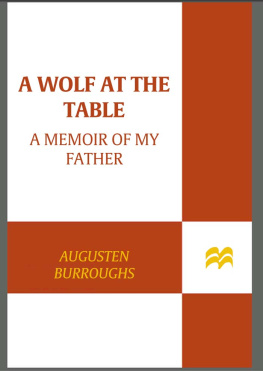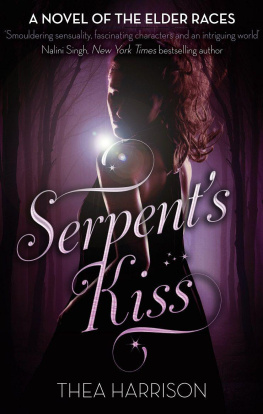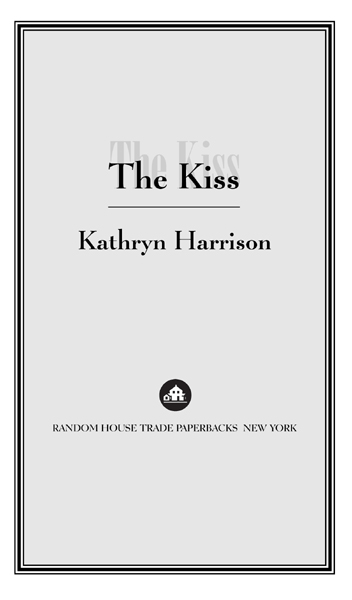Praise for
The Kiss
A haunting journey not easily forgotten.
People
Harrison implicates us in grisly truths we dont want to know (but we do, we do): How rage can parade as love; how heartbreakingly hopeless, yet entirely inevitable, are all attempts to transcend loss; how deep sorrow so often transmogrifies into deep viciousness, instead of deep compassion. Like all good literature, The Kiss illuminates something that we knew already, while also teaching us things we had not even suspected.
Los Angeles Times
The Kiss is an extraordinarily intense and accomplished piece of work. It sears, it burns, but it also delights and illuminates. What could have been sensationalistic has been purified by Kathryn Harrisons consummate artistry and honesty. The author has taken a horrific experience and fashioned it into a self-controlled, stunning work of art.
P HILLIP L OPATE , author of Portrait of My Body
Powerful This story is about the soul of a young girl and the terrible injury inflicted by the man who should have been its protector.
The New York Times Book Review
I am in aweno other word will doof the courage it took to write this book, and the art. Especially the art. I will never forget this book.
T OBIAS W OLFF , author of This Boys Life
A darkly beautiful book This is a writer at the top of her form, entirely the master of her material.
M ARY G ORDON , author of The Shadow Man
A father who seduces a beautiful daughter enacts a monstrous betrayal. Until Kathryn Harrison, no one Ive read has broken open the psychological soul of such a betrayal. The bravery in Harrisons raw, clear voice will stay with me a long time.
M ARY K ARR , author of The Liars Club
The Kiss is an amazing and terrifying book, brutally concise and unshakably haunting. It is a tale of soul-possession, and darker than the darkest nineteenth-century Gothic.
L UC S ANTE , author of Low Life
This powerful memoir is astonishing in its revelations and insight. Kathryn Harrison is a wonderful writer.
H ILMA W OLITZER , author of Summer Reading
Every sentence strikes and burns and scars, like lightning in the hearts darkest tempest.
B OB S HACOCHIS , author of
Swimming in the Volcano
A novelist with an exquisite command of the language dares look back at a childhood and youth of huge emotional and sexual complexity. What the book finally offers is an account of a moral victorythe reemergence of a literate, thoughtful, disciplined, knowing sensibility.
R OBERT C OLES , author of
The Moral Intelligence of Children
Also by Kathryn Harrison
FICTION
Enchantments
Envy
The Seal Wife
The Binding Chair
Poison
Exposure
Thicker Than Water
NONFICTION
True Crimes
While They Slept
The Mother Knot
The Road to Santiago
Saint Thrse of Lisieux
Seeking Rapture
The Kiss
Kathryn Harrison is the authors married name. She has not used her maiden name in a number of years.
Copyright 1997 by Kathryn Harrison
Afterword copyright 2011 by Jane Smiley
Reading group guide copyright 2011 by Random House, Inc.
All rights reserved.
Published in the United States by Random House Trade Paperbacks, an imprint of The Random House Publishing Group, a division of Random House, Inc., New York.
R ANDOM H OUSE T RADE P APERBACKS and colophon are trademarks of Random House, Inc.
R ANDOM H OUSE R EADERS C IRCLE and Design is a registered trademark of Random House, Inc.
Originally published in hardcover in the United States by Random House, an imprint of The Random House Publishing Group, a division of Random House, Inc., in 1997.
A portion of this work, entitled Seeking Rapture: Lessons for an Apprentice Saint, appeared in the September 1994 issue of Harpers.
eISBN: 978-0-307-76737-0
www.randomhousereaderscircle.com
v3.1_r2
Beloved
19421985
We are, all of us, molded and remolded by those who have loved us, and though that love may pass, we remain none the less their worka work that very likely they do not recognize, and which is never exactly what they intended.
Franois Mauriac, The Desert of Love
Contents
We meet at airports. We meet in cities where weve never been before. We meet where no one will recognize us.
One of us flies, the other brings a car, and in it we set out for some destination. Increasingly, the places we go are unreal places: the Petrified Forest, Monument Valley, the Grand Canyonplaces as stark and beautiful and deadly as those revealed in satellite photographs of distant planets. Airless, burning, inhuman.
Against such backdrops, my father takes my face in his hands. He tips it up and kisses my closed eyes, my throat. I feel his fingers in the hair at the nape of my neck. I feel his hot breath on my eyelids.
We quarrel sometimes, and sometimes we weep. The road always stretches endlessly ahead and behind us, so that we are out of time as well as out of place. We go to Muir Woods in northern California, so shrouded in blue fog that the road is lost; and we drive down the Natchez Trace into deep, green Mississippi summer. The trees bear blossoms as big as my head; their ivory petals drift to the ground and cover our tracks.
Separated from family and from the flow of time, from work and from school; standing against a sheer face of red rock one thousand feet high; kneeling in a cave dwelling two thousand years old; watching as a million bats stream from the mouth of Carlsbad Caverns into the purple duskthese nowheres and no-times are the only home we have.
My mothers parents raise me. I live in their house until Im seventeen. In it, my fathers name is never spoken, his existence is not acknowledged.
Wheres your dad? other children ask. I dont know, I answer.
Why? they ask, but I dont know what to say to that either.
He and my mother divorce when I am six months old. I stay with her and her parents; he leaves.
My father is an absence, a hole like one of those my grandmother cuts out of family photographs. Rather than discard the entire picture of an event that includes someone she dislikes, she snips the offender out with untidy haste, using her manicure scissors.
I sit on the foot of her bed and watch her edit the family albums, a task she undertakes with the kind of grim determination that can only have been inspired by a fight with my mother. Often, she cuts out only the heads and leaves the anonymous bodies behind as a reminder of her displeasure, and her ruthlessness. No one is safe from her censorship; from the albums she excises unflattering images of herself as well.
The few snapshots my mother has of my father she keeps hidden. If I ask to look at one, she might show it to me. In every photograph, he is a tiny figure in a suit and glasses; the only person in the frame, still, he is never in its center or its foreground, he seems as incidental as a bystander. I cant make out his features.


